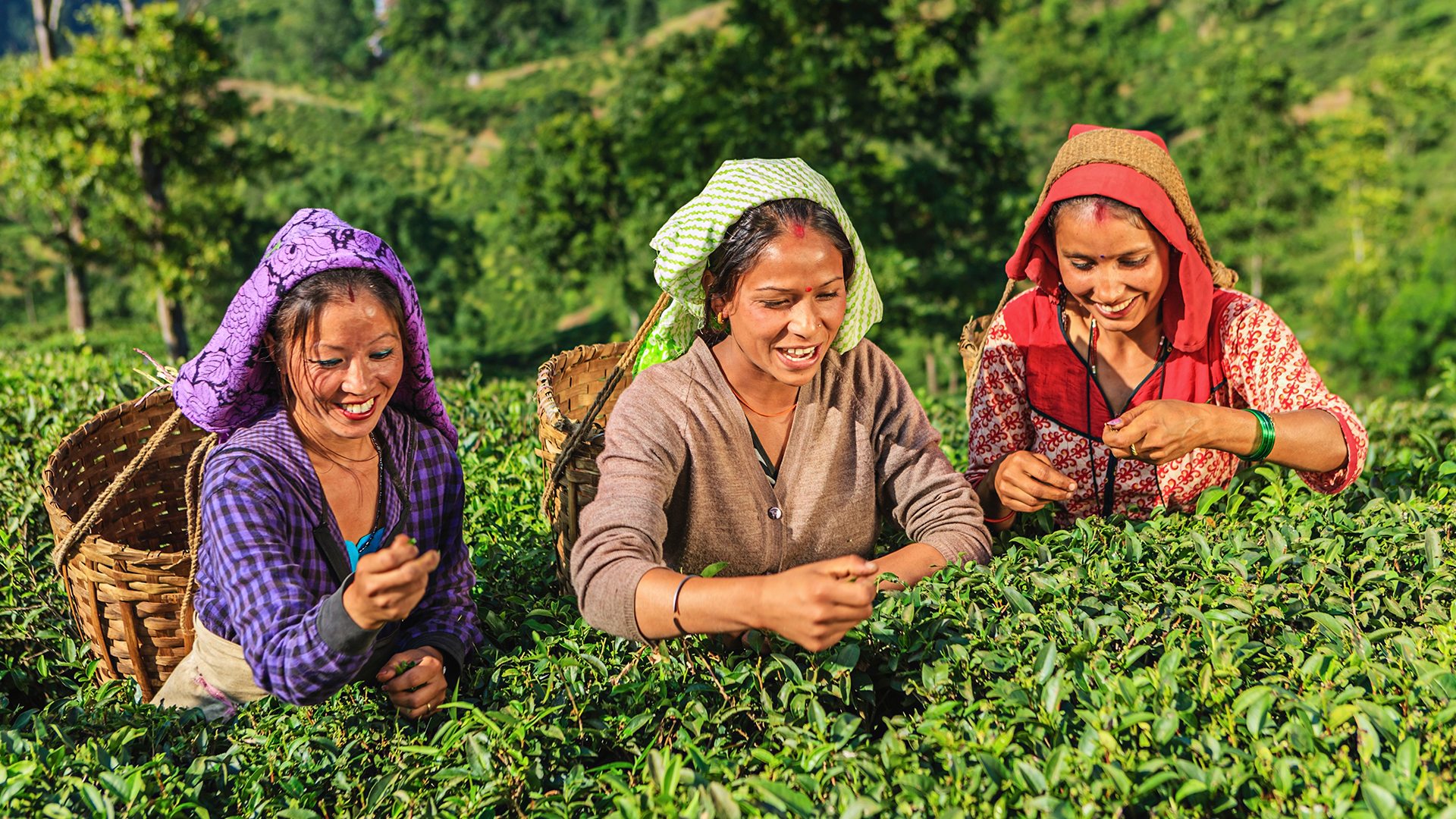Agricultural Policies and Farmers’ Rights in India
Agricultural policies shape the framework of farming in India. These policies govern production, pricing, and resource allocation in the agricultural sector. India has a diverse agricultural landscape, with millions relying on farming for their livelihood.
Historical Context
Pre-Independence Era
Before independence, traditional farming practices were predominant. The British rule introduced exploitative policies that favored British interests. These policies disrupted local farming systems and led to widespread suffering among peasants.
Post-Independence Developments
After 1947, India undertook land reform initiatives, abolishing the Zamindari system. This aimed to redistribute land to landless farmers. The Green Revolution followed in the 1960s, promoting high-yield variety seeds and chemical inputs, improving productivity but often marginalising small farmers.
Overview of Key Agricultural Policies
The Green Revolution (1960s-1980s)
The Green Revolution revolutionised Indian agriculture. It introduced high-yield variety seeds, extensive use of fertilisers, and pesticides. While productivity increased, small farmers often could not afford these inputs, leading to economic disparity.
Agricultural Pricing Policies
Minimum Support Prices (MSP) were established to protect farmers from price fluctuations. The Food Corporation of India (FCI) plays a crucial role in buying and storing grains. Critics argue that MSP has limitations and does not always benefit smallholder farmers.
National Agriculture Policy (2000 and 2013)
The National Agriculture Policy aims for sustainable growth. It promotes technology integration, modern farming practices, and resilience against climate change impacts.
The Pradhan Mantri Kisan Samman Nidhi (PM-KISAN) Scheme
PM-KISAN provides direct cash transfers to farmers. Introduced in 2019, it aims to support small and marginal farmers by ensuring a basic income.
The Farm Laws (2020) and Subsequent Protests
Three controversial farm laws were introduced in 2020:
- The Farmers’ Produce Trade and Commerce Act
- The Farmers (Empowerment and Protection) Agreement on Price Assurance and Farm Services Act
- The Essential Commodities (Amendment) Act
These laws aimed to liberalise the agricultural market but led to widespread protests demanding their repeal. The laws were eventually repealed in late 2021 due to ongoing farmer agitation.
Current Agricultural Policies
Digital India Initiative and Agricultural Technology
The Digital India Initiative promotes the use of technology in farming. Technologies like mobile apps help farmers access information about markets and weather. This initiative has led to enhanced productivity and accountability in agriculture.
The National Mission for Sustainable Agriculture (NMSA)
NMSA focuses on sustainability. Key areas include water management, organic farming, and soil health. It aims to improve the livelihoods of farming communities while addressing environmental concerns.
Issues Related to Land Rights and Ownership
Land ownership in India has a complex history. Current disputes often arise over land acquisition for development projects. Farmers face displacement and loss of livelihood, raising human rights concerns.
Impact on Farmers’ Rights
Economic Rights
Farmers seek fair pricing for their produce, access to support systems, and market representation. Cooperatives and farmer producer organisations play a significant role in enhancing economic rights.
Social Rights
Social rights include labour rights for farmers and agricultural workers. Policies significantly impact marginalized groups such as women and scheduled castes. These communities often suffer the most from policy neglect.
Environmental Rights
Policies affect biodiversity and ecological sustainability. Farmers’ rights in organic and sustainable farming practices are crucial for environmental conservation.
Legal Framework for Farmers’ Rights
Several laws protect farmers’ rights. The Right to Fair Compensation and Transparency in Land Acquisition, Rehabilitation, and Resettlement Act of 2013 is significant. However, enforcement remains a challenge.
Challenges Facing Farmers in India
Economic Vulnerability
Farmers face rising debts, leading to high suicide rates. Climate change exacerbates vulnerabilities, impacting agricultural productivity and livelihoods.
Political and Bureaucratic Challenges
Farmers often lack representation in policymaking processes. Bureaucratic hurdles hinder access to benefits, limiting the effectiveness of agricultural policies.
Social and Cultural Issues
Conflicts arise between traditional and modern farming practices. Cultural issues, including caste and gender inequalities, affect farmers’ participation in the agricultural sector.


